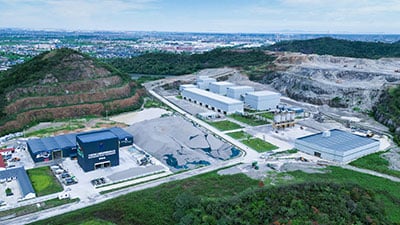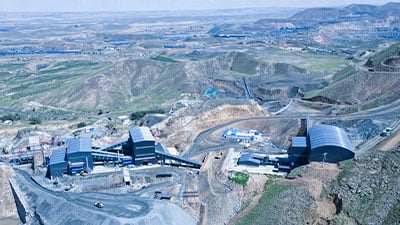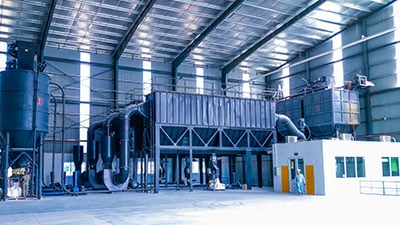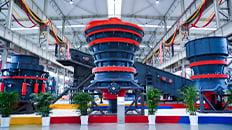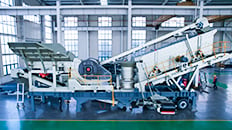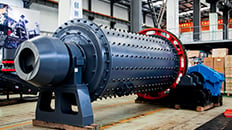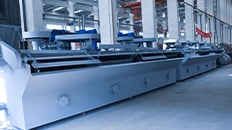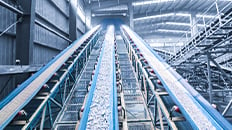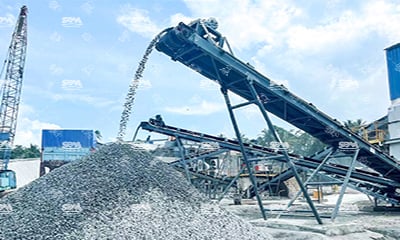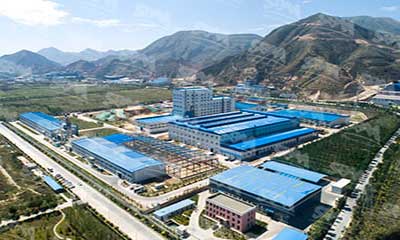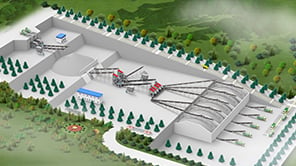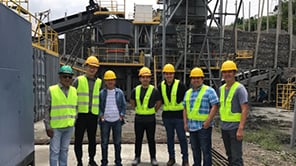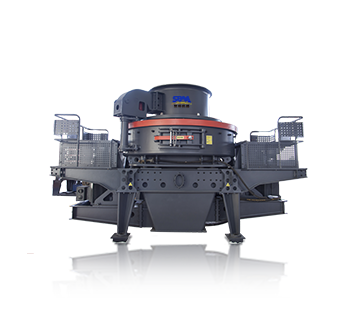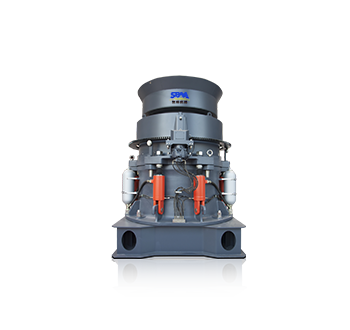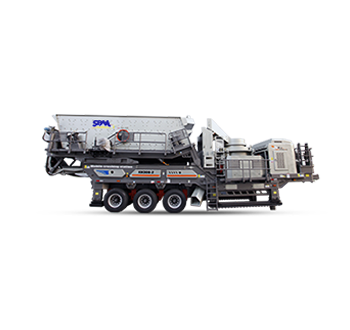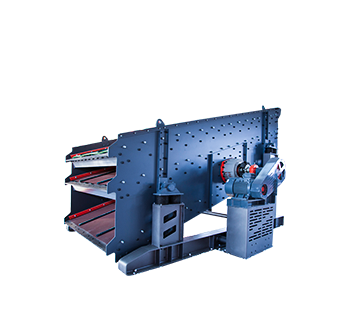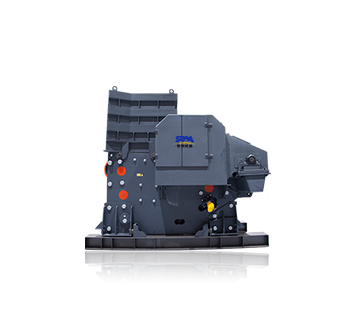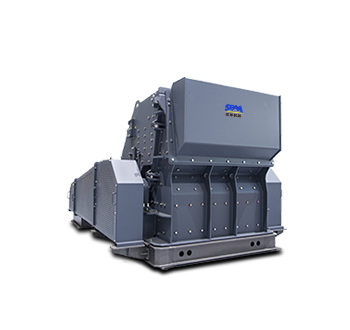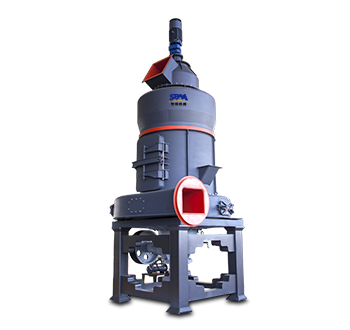Summary:jaw crusher is a type of mechanical equipment that is used in the mining and construction industry to crush rocks and large materials into smaller pieces.
What Is A Jaw Crusher?
A jaw crusher is a type of mechanical equipment that is used in the mining and construction industry to crush rocks and large materials into smaller pieces. The jaw crusher works by using a moving jaw and a fixed jaw to crush and grind the rocks. The material is fed into the jaw crusher by a vibrating feeder, and then it is crushed between the two jaws.

The jaw crusher is made up of several parts, including a fixed jaw, a moving jaw, and a toggle plate. The fixed jaw is mounted to the frame of the jaw crusher, and the moving jaw is mounted to the pitman. The pitman is a moving component that is connected to the toggle plate by a series of levers. The toggle plate is responsible for transmitting the power from the pitman to the moving jaw.
The moving jaw is mounted on an eccentric shaft, which allows it to move up and down in a circular motion. As the moving jaw moves down, it crushes the material against the fixed jaw. The material is then discharged from the bottom of the jaw crusher, and it is ready for further processing.
There are several types of jaw crushers available on the market, including single-toggle jaw crushers, double-toggle jaw crushers, and overhead eccentric jaw crushers. Single-toggle jaw crushers are the most common type, and they are designed with a large feed opening and a simple toggle mechanism. Double-toggle jaw crushers are more advanced, and they have a more complex toggle mechanism that allows for more precise control of the crushing process. Overhead eccentric jaw crushers are less common, but they are designed with an eccentric shaft that causes the moving jaw to move in a more circular motion, which allows for a more efficient crushing process.
Jaw Crusher Working Principle
The working principle of a jaw crusher is that when the jaw rises, the angle between the fixed jaw and the moving jaw becomes larger, and the materials can be crushed. All jaw crushers feature two jaws: one of which is fixed while the other moves. The working principle of jaw crushers is based on the reciprocating movement of the movable jaw that compresses and crushes the rock or ore between itself and the fixed jaw, as the material enters the zone between the jaws.
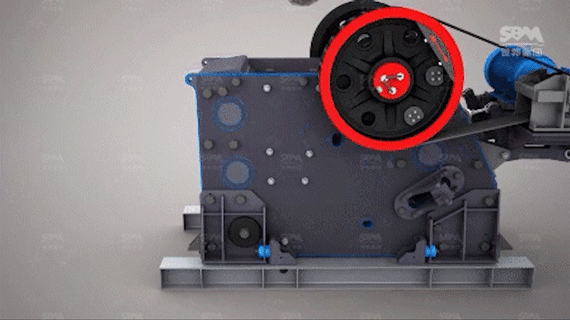
The crushing process takes place when the feed material between the two jaws is compressed and crushed by the moving jaw. As the moving jaw moves away from the fixed jaw, the crushed material is discharged from the crusher at the bottom, with the size of the discharged material determined by the gap between the jaws.
The crushing action of a jaw crusher is caused by the motion of its swing jaw. The swing jaw moves back and forth by a cam or pitman mechanism, acting like a nutcracker or a class II lever. The volume or cavity between the two jaws is called the crushing chamber. The movement of the swing jaw can be quite small, since complete crushing is not performed in one stroke. The inertia required to crush the material is provided by a weighted flywheel that moves a shaft creating an eccentric motion that causes the closing of the gap.
Jaw crushers are usually constructed in sections to ease the process transportation if they are to be taken underground for carrying out the operations. Jaw crushers are classified on the basis of the position of the pivoting of the swing jaw. Blake crusher-the swing jaw is fixed at the upper position; Dodge crusher-the swing jaw is fixed at the lower position; Universal crusher-the swing jaw is fixed at an intermediate position.
Suitable for crushing hard and abrasive materials, jaw crusher is commonly used as primary crushers in quarrying, mining, recycling due to their reliable performance. Factors to consider include material type, feed size, desired output size, capacity, power requirements, costs and maintenance needs. Mobile and stationary versions cater to different site requirements.
In summary, jaw crusher is robust machines ideal for initial crushing stages across many industries. Understanding their design and selecting the right type ensures optimized performance for any crushing application.

